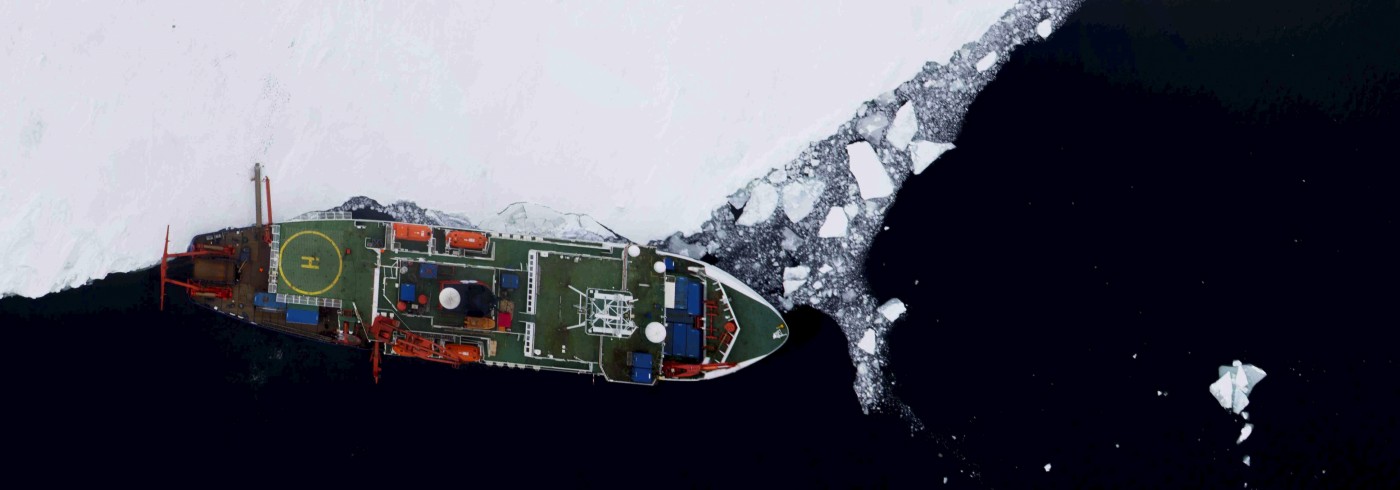Despite advances in understanding sea ice dynamics in the Arctic over the past decade, the connection between sea ice, ocean circulation and ecosystem changes remains poorly established. Primary productivity is one of the components where we lack basic knowledge about spatial variability, seasonality, and community composition. How these variables will respond to future scenarios, given less ice and more light but uncertain nutrient conditions, is still a significant unknown.
The general aim of TRANSSIZ was to conduct ecological and biogeochemical studies on winter-spring transitions in the European Arctic Ocean. These studies will complement summer datasets and advance biogeochemical process studies and modeling, calibrate remote sensing algorithms and improve paleo proxies for interpreting past sea ice and ocean circulation changes. TRANSSIZ will significantly improve our ability to answer the three main questions of the Arctic in Rapid Transition (ART) Science Plan:
- How do Arctic Ocean organisms and ecosystems respond to environmental transitions including temperature, stratification, ice conditions, and pH?
- How will biogeochemical cycling respond to transitions in terrestrial, gateway and shelf-to-basin fluxes?
- How were past transitions in sea ice connected to energy flows, elemental cycling, biological diversity and productivity, and how do these compare to present and projected shifts?
TRANSSIZ was an interdisciplinary, international expedition with participants from the research network ART in collaboration with researchers from Alfred Wegener Institute (AWI), and the research projects TRANSDRIFT and GreenEdge.
Researcher
Anna Nikolopoulos
Physical oceanography, AquaBiota Water Research

